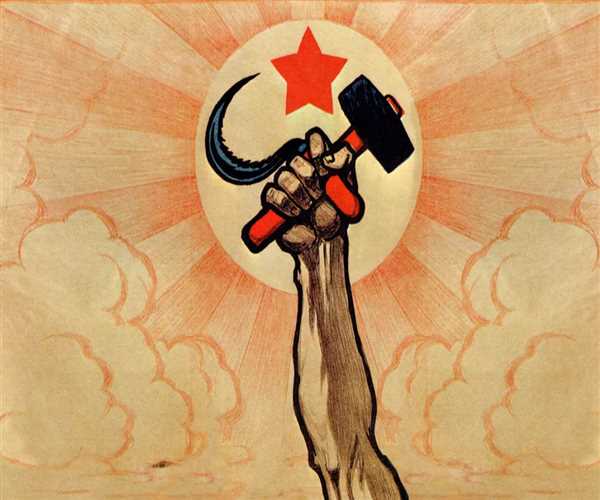Communist Ideology: Understanding its Principles
Communist ideology, also known as Marxism-Leninism, is a political ideology that advocates for the establishment of a classless, stateless society in which the means of production are owned and controlled by the community as a whole. The principles of communist ideology are rooted in the belief that capitalism, which prioritizes the accumulation of wealth by a small elite, is fundamentally unjust and that a socialist or communist system would be more fair and equitable for all people.
Class Struggle
One of the key principles of communist ideology is the concept of class struggle. Communists believe that society is divided into two main classes: the ruling class, or bourgeoisie, who own the means of production, and the working class, or proletariat, who do not. The ruling class exploits the working class for their own gain, which leads to a fundamental imbalance of power and wealth. The goal of communist ideology is to overthrow the ruling class and create a society in which the means of production are owned and controlled by the working class.
Abolition of Private Property

A central principle of communist ideology is the abolition of private property. Communists believe that private property, which is owned by individuals or corporations, is the root of class struggle and inequality. They advocate for the collective ownership of the means of production, such as factories, farms, and resources, so that they can be used for the benefit of all people.
Socialism as a Transition to Communism
Communists believe that socialism is a necessary step toward the ultimate goal of communism. Under socialism, the means of production are owned and controlled by the state, which is controlled by the working class. This allows for the redistribution of wealth and the elimination of poverty and unemployment. However, communists believe that socialism is not a final goal and that it must be replaced by communism, a stateless and classless society.
Communists also advocate for internationalism, which is the belief in the interconnectedness of all people and nations. They believe that the struggles of the working class are not limited to one nation, but are global in nature. Communists believe that the interests of one nation should not come at the expense of others and that the working class must unite across borders to achieve their goals.
In conclusion, communist ideology is a political ideology that advocates for the establishment of a classless, stateless society in which the means of production are owned and controlled by the community as a whole. Its principles include the concept of class struggle, the abolition of private property, socialism as a transition to communism, and internationalism. It is rooted in the belief that capitalism is fundamentally unjust and that a socialist or communist system would be more fair and equitable for all people. It's important to note that the implementation of communist ideologies has resulted in authoritarian governments and human rights abuses in the past, and the idea of communism as a political system is still a topic of debate and criticism.